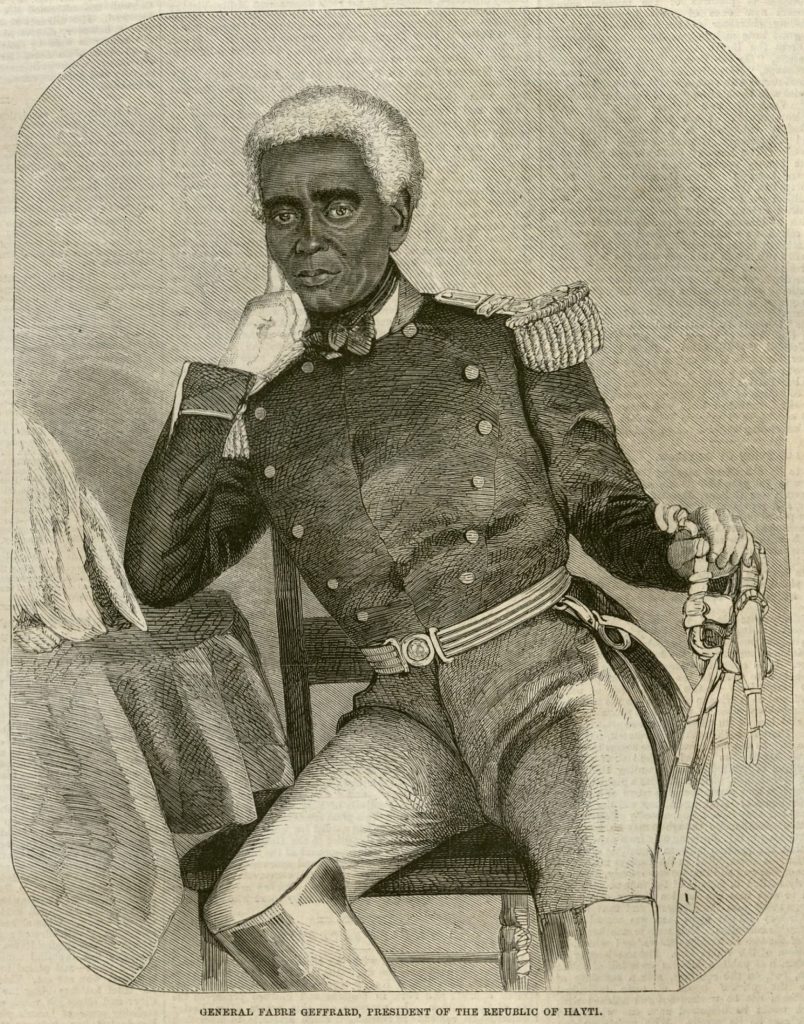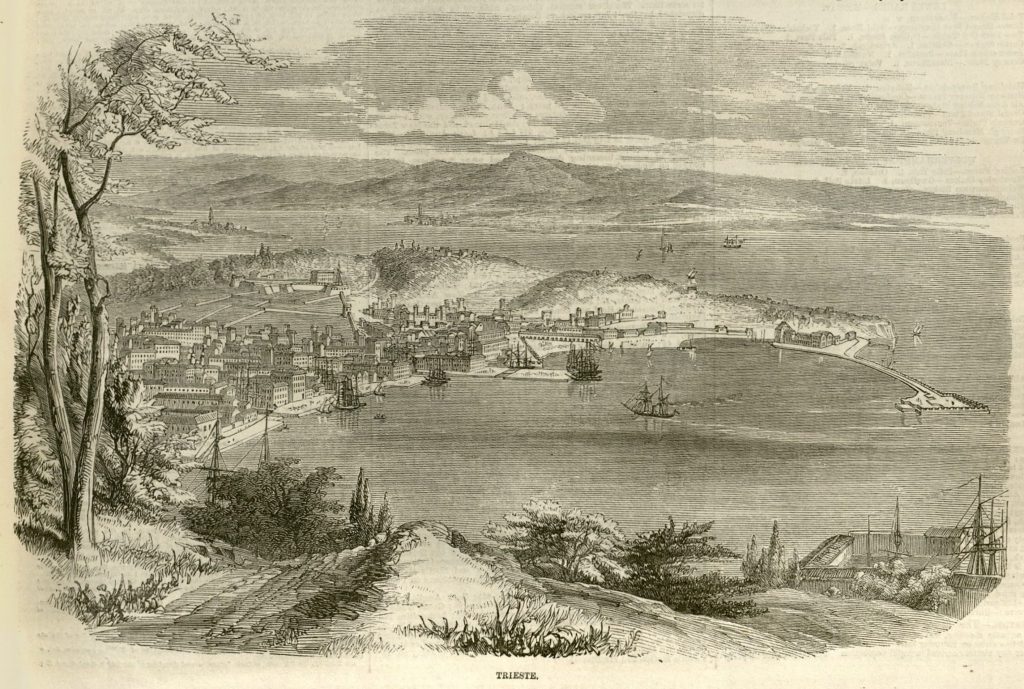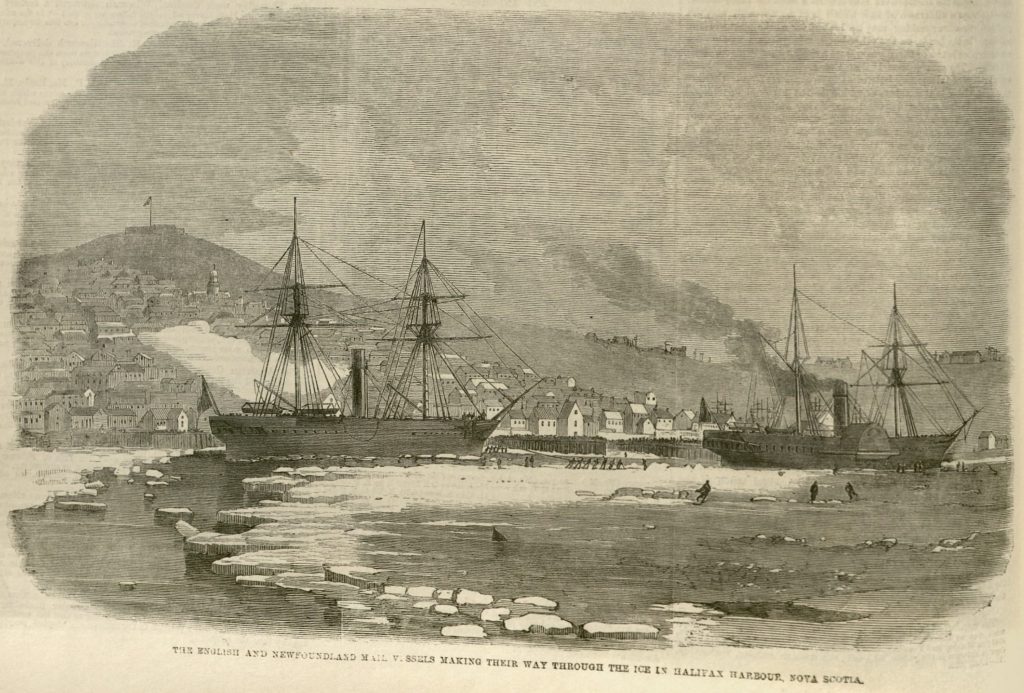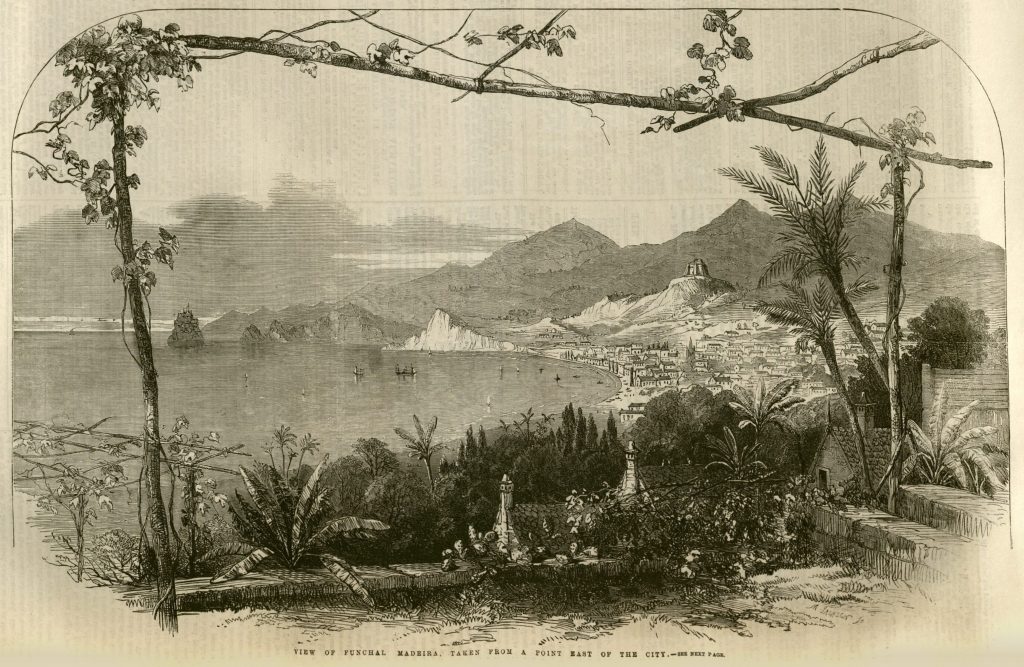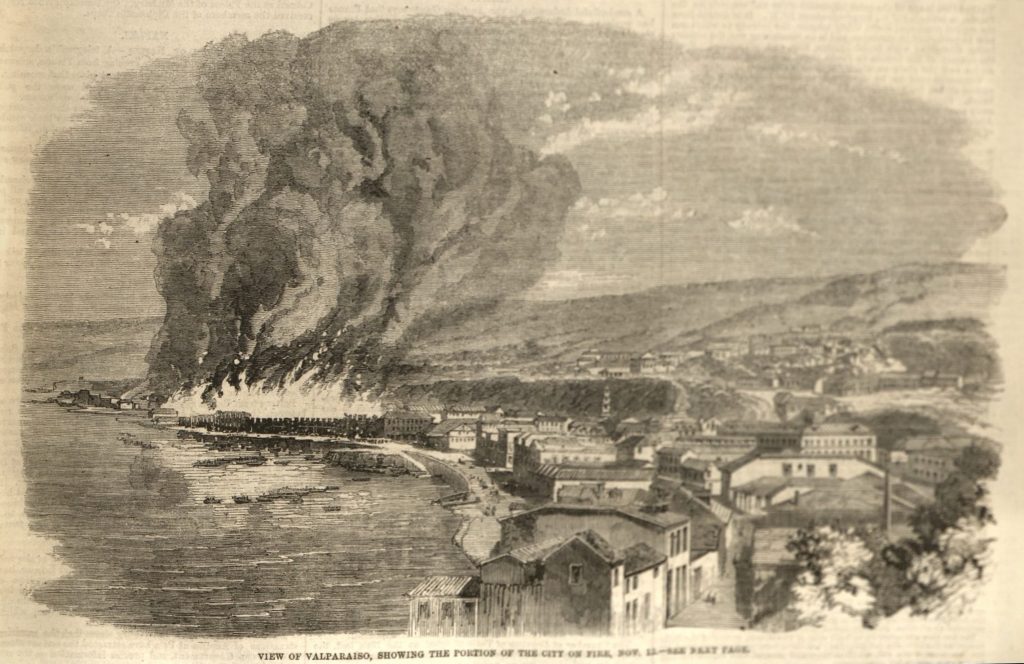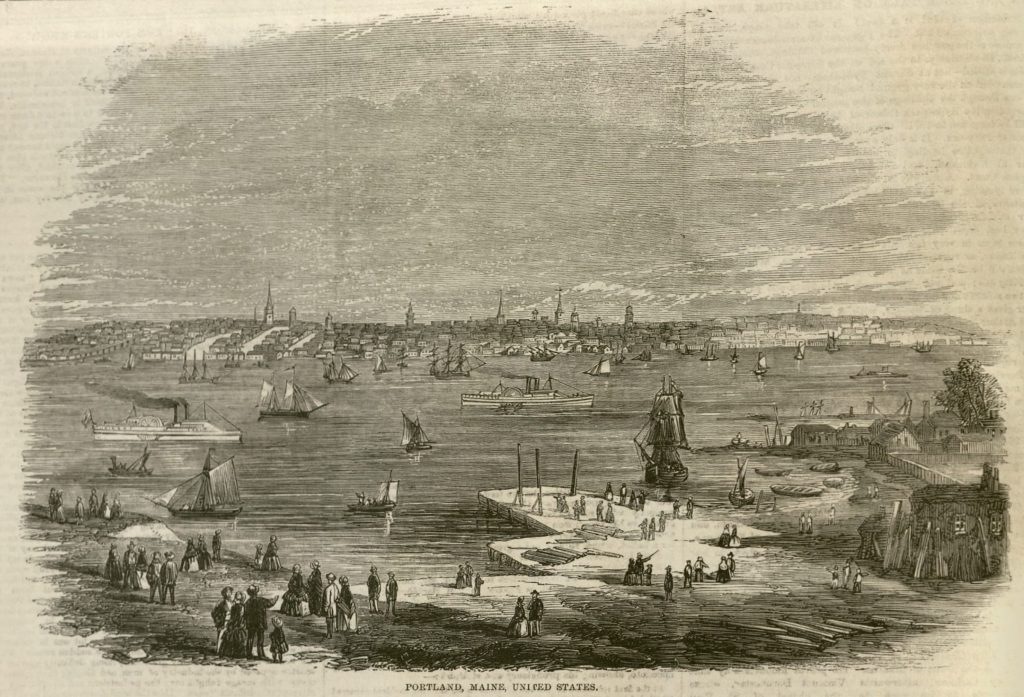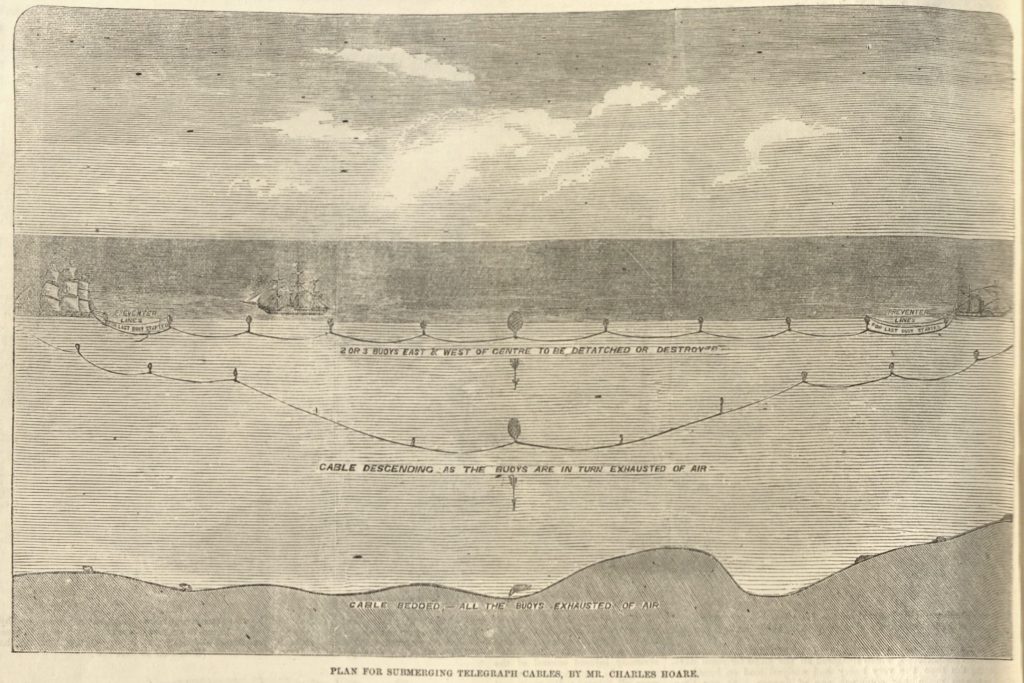Geffrard was one of the collaborators in the coup to remove Emperor Faustin I. He would later express support for the US abolition movement, give a state funeral for John Brown and even assist in the blockade of the Confederacy. The Illustrated London News, 29 October 1859. Courtesy of University of Missouri Libraries.
Read More
In the 19th c. Trieste served as the ship-building and commercial center for the Austrian-Hungarian Empire. The Illustrated London News, 13 August 1859. Courtesy of University of Missouri Libraries.
Read More
This sceptre was given to the King of Abeokuta in 1859 by Consul Campbell, the British representative at Lagos. The Illustrated London News, 9 April 1859. Courtesy of University of Missouri Libraries.
Read More
Sugar and coffee drove the 19th c. Cuban economy. Slaves and wage workers worked large plantations. The plantation owners opposed the abolition movement. Wary of the political power of the planter class Spain was reluctant to end slavery. Slavery in Cuba was abolished in 1886. The Illustrated London News, 19 March 1859. Courtesy of University […]
Read More
The port of Havana was the largest in Cuba. During the course of the 19th century British naval vessels often brough captured slavers to Cuba. Havana was the site of the largest mixed commission court. The Illustrated London News, 19 March 1859. Courtesy of University of Missouri Libraries.
Read More
Enslaved and freed Blacks first arrived in Nova Scotia in the 17th c. In the course of the American Revolutionary war more Blacks sought refuge in Nova Scotia. Slavery was abolished in Canada in 1833. Halifax, a major port city, was deeply enmeshed in the trans-Atlantic slave trade. The Illustrated London News, 5 February 1859. […]
Read More
Madeira was originally a center of slavery and was also a stop on the slave-trading routes. It was a port of call for not only for slavers but also for naval ships who worked to suppress the slave trade. The Illustrated London News, 22 January 1859. Courtesy of University of Missouri Libraries.
Read More
Chile had signed treaties with the British empire to assist them in the suppression of the slave trade. Valparaiso is also known for having the continent’s first volunteer fire department which must have come in handy when a portion of the city was set ablaze in 1859. Valparaiso would later be nicknamed the “Jewel of […]
Read More
Portland, Maine was known for shipping out Southern slave-grown cotton to the rest of the world. The suppression of the slave trade may have prevented new slaves from coming to the United States but it did not thwart thriving industry of Southern slave-grown cotton. The Illustrated London News, 1 January 1859. Courtesy of University of […]
Read More
The laying of telegraph cables were another extension of Britain’s influence besides just the suppression of the slave trade. The Illustrated London News, 11 July 1858. Courtesy of University of Missouri Libraries.
Read More

